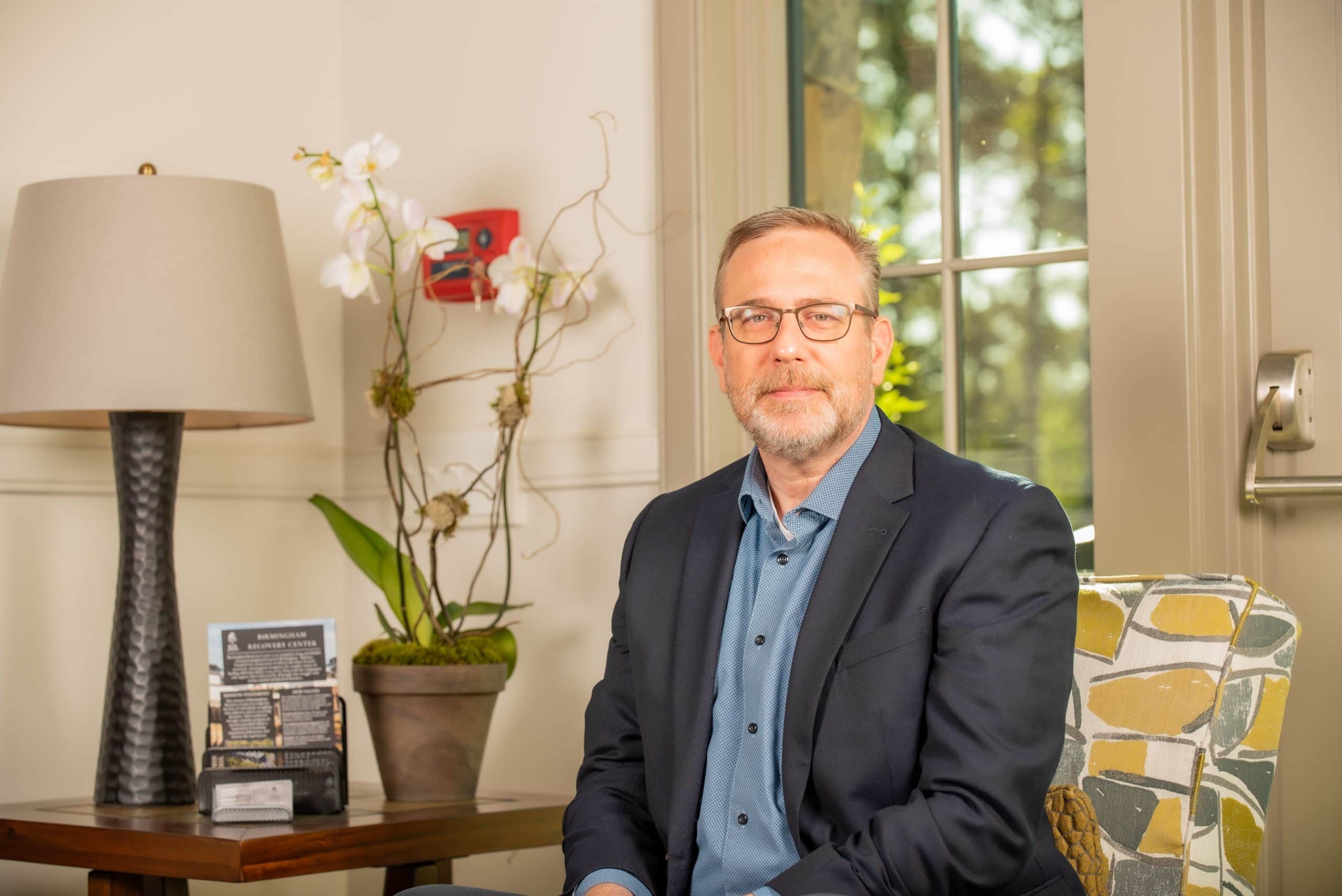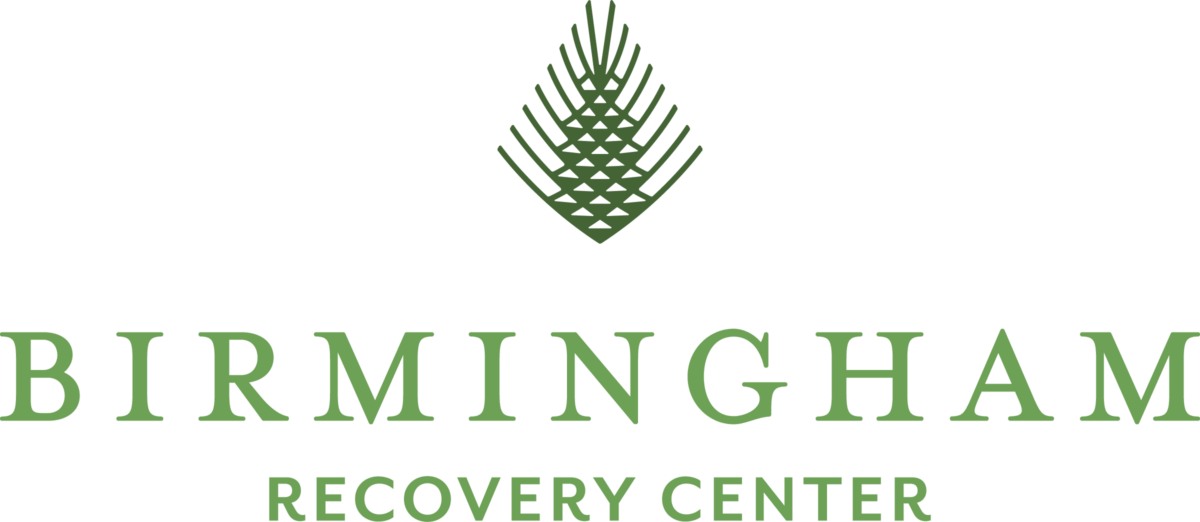Do you find yourself struggling with addiction or a mental health issue that has consumed your life, making it difficult to function? If so, you may be a good candidate for a partial hospitalization program. While seeking treatment is often intimidating and challenging, partial hospitalization programs can provide a vital support system that helps individuals gain the skills they need to manage their condition and live healthier lives. Here, we will explore different situations in which a partial hospitalization program would be ideal, as well as outline how these services can provide the right level of treatment.
What Is a Partial Hospitalization Program?
A partial hospitalization program (PHP) is an intensive form of outpatient treatment that strives to provide the same level of care as an inpatient facility without requiring its participants to stay overnight. It is designed to provide comprehensive mental health and medical services for those who are grappling with addiction or a mental health disorder such as depression, bipolar disorder, anxiety, or post-traumatic stress disorder. The goal of PHP is to help clients rebuild their lives by providing them with access to a wide range of therapeutic activities and interventions that can aid in recovery.
In general, a PHP involves attending group therapy sessions multiple days each week and working one-on-one with a therapist on various issues related to the individual’s mental health. Treatment typically lasts for several hours a day, usually between five and eight hours. During this time, individuals receive individualized care that may include life-skills training, medication management, and group therapies such as CBT (cognitive behavioral therapy) and DBT (dialectical behavioral therapy. Additionally, clients may be given access to nutrition counseling and holistic therapies like art or yoga therapy.
Who Can Benefit from a Partial Hospitalization Program?
A partial hospitalization program is best suited for those who are struggling with addiction or a mental health disorder and need more intensive treatment than can be provided through an outpatient program but do not require 24-hour residential care in order to treat their condition. It is also beneficial for those who have never been in treatment before and want to take the time to build a strong foundation of skills before transitioning into outpatient care.
First-Timers
If you are seeking treatment for addiction or mental health issues for the first time, a partial hospitalization program may be the ideal option. These programs provide a comprehensive and supportive environment that can help those who are new to treatment get comfortable with the process. They offer a more intense level of care than an outpatient program yet are less intensive than inpatient programs. This makes them ideal for individuals who need additional structure, support, and resources to aid their recovery journey while still allowing them to maintain their daily routines.
Those Who Have Completed a Residential Program
For those who have already completed a residential program, transitioning to a partial hospitalization program may be an excellent next step. This type of program provides individuals with the skills and resources necessary to continue their recovery journey and successfully transition back into everyday life. By attending group sessions and working one-on-one with a therapist, individuals can gain insight into their condition as well as new tools for managing symptoms and cravings. Additionally, they are able to access valuable resources such as nutrition counseling, yoga therapy, and mindfulness practices that can help them stay on track in their recovery process.
People Who Have Undergone Medical Detox
Medical detox is the process of managing physical withdrawal symptoms while coming off of drugs or alcohol. It is an essential part of recovery and should be done under the care of a doctor or other qualified medical professional. After completing a successful medical detox, transitioning to a partial hospitalization program may be the ideal choice for many individuals. PHPs can provide structure and support to those who are in early recovery. The individualized treatment plans allow clients to build upon their strengths as well as address areas that need improvement.
Individuals Struggling to Maintain Sobriety
For those individuals who are struggling to maintain sobriety or stay abstinent, a partial hospitalization program can be an invaluable tool. In this type of program, clients can begin each day with an assessment of how they are feeling, allowing the professional team to provide the best possible treatment plan for that individual’s unique situation. Through attending group therapy sessions multiple days a week and working one-on-one with a therapist, individuals can gain insight into triggers, learn more effective coping strategies, and develop flexible relapse prevention plans in order to help them stay on track with their recovery goals.
Patients Who Need Continued Medication Management
For those individuals who have a dual diagnosis or need medication management, partial hospitalization programs can be an ideal choice. In this setting, clients have access to licensed psychiatrists and nurses who can provide individualized treatment plans that include both medication management as well as therapy. This type of program is especially helpful for individuals with mental health disorders such as anxiety and depression since they are able to receive ongoing care while still being able to maintain their daily lives.
No matter what your recovery needs may be, a partial hospitalization program can offer the structure and support necessary for successful long-term sobriety. By attending comprehensive sessions, working one-on-one with therapists and medical professionals, and accessing resources such as nutrition counseling and yoga therapy, individuals in recovery can gain the tools necessary for a successful and lasting recovery journey.
Explore the Benefits of Our Partial Hospitalization Program in Birmingham, AL
At Birmingham Recovery Center, we offer affordable, family-based partial hospitalization programs in Birmingham, AL. Our program offers individualized care and is staffed by licensed professionals who specialize in addiction treatment at different stages of an individual’s journey. We understand how challenging the recovery process can be, which is why we are committed to providing comprehensive care and support to ensure that each individual gets the best possible outcome from their treatment experience. Contact us today to learn more about building an effective treatment plan that works for you.

